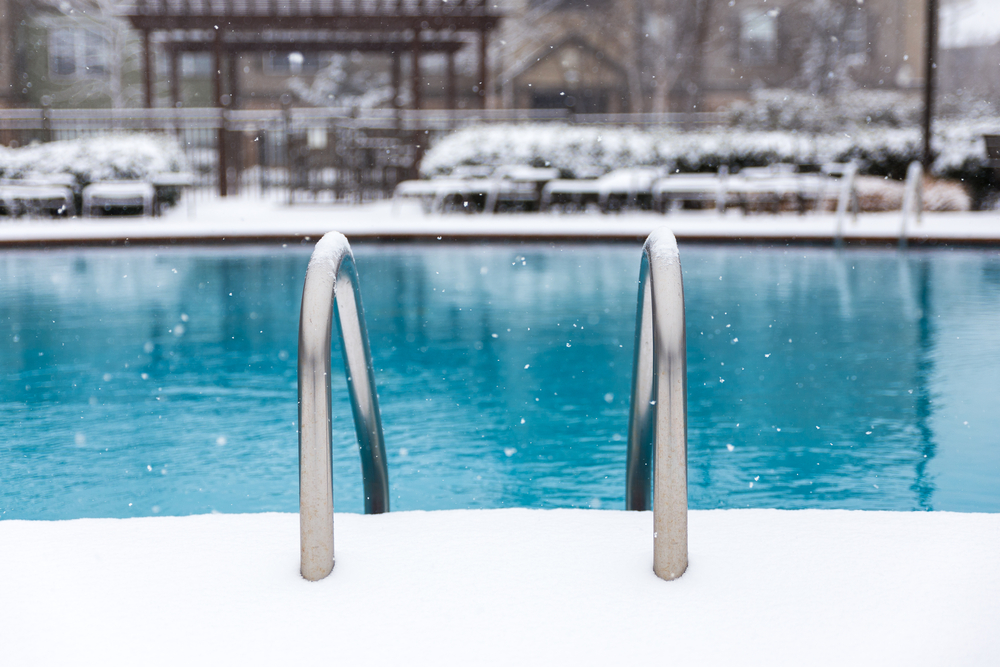Winter is a few weeks away and this only means one thing – it’s time to close down your swimming pool. As the temperatures begin to drop and the outdoors are no longer fun, winterizing your pool is the best way to ensure it stays in top condition throughout the cold season.
The process entails cleaning your pool, removing dirt and debris, adding chemicals to the water, and covering the pool to protect it from ice damage and the effects of extreme weather.
If you are a first-time pool owner and you’ve never winterized your pool before, then today is your lucky day. We have compiled a list of top tips for winterizing your backyard swimming pool during the cold season.
Start Early Before Closing
Good preparation is important if you want to winterize your swimming pool successfully. With this in mind, you should start the process early, preferably one week before you close down your swimming pool.
Start by mixing phosphate remover in your pool to prevent algae growth. However, you should wait until the temperatures drop below 65 degrees Fahrenheit before you add the phosphate remover since doing so before then will only encourage the growth of algae.
Brush and Vacuum Your Pool
Brushing and vacuuming your swimming pool is very important if you want to have a smooth closing process. These essential activities will ensure that no lingering dirt and debris remain in the pool water.
You should brush the sides of the pool and vacuum clean the floor using a pool cleaner. Do not forget to empty the skimmer basket and the pump basket once you finishing cleaning the pool.
Leave Some Water in the Pool
Winterizing your pool does not mean leaving it empty. You should leave some water in the pool, both in areas that are prone to freezing and non-freezing areas, to protect the liners and keep the pool clean. For freezing areas, the level of water should be 5-6 inches from the ground while non-freezing areas should be overflowing.
Check the pH Levels
Before closing your pool down, you need to check the pH levels as well as the alkalinity levels. Any chemical imbalance may lead to irreversible damage to your swimming pool equipment. Low calcium levels can damage the plaster or destroy the vinyl pool cover. Buying a simple test kit can go a long way to help test the pH levels of your pool prior to winterization.
Shock Your Pool
Shocking your pool is the last step during the winterization process. It entails adding chlorine and other pool chemicals in order to kill bacteria, algae, and other contaminants. Ideally, you should shock your pool a few days prior to closing it down, so as not to affect the level of chlorination.
Contact Professional Pool Builders
If you are still unsure about how to winterize your backyard swimming pool, do not hesitate to contact a professional pool expert near you. A professional pool builder will help install and maintain your swimming pool throughout the winter season and beyond.
